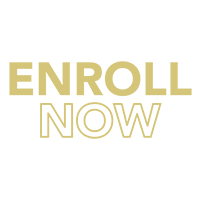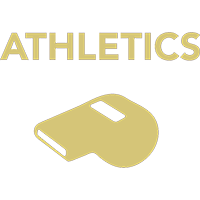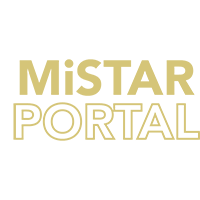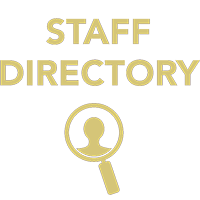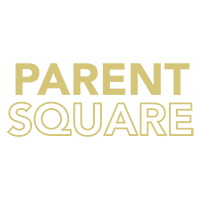Kindergarten and Kinder Academy
Fowlerville Community Schools offers two enriching programs for young learners: Kindergarten and Kinder Academy. Our Kindergarten program is designed for 5-year-olds and helps students develop essential academic and social skills through hands-on exploration. For younger children, Kinder Academy provides an extra year to grow and learn before entering Kindergarten, making it ideal for 4-year-olds who turn five between June 1 and December 1. This nurturing environment supports early development and prepares students for future success.
Meet the Teachers
Eligibility
Kindergarten
The Fowlerville Commuity Schools Kindergarten year is full of learning opportunities. Students develop academic and social skills through active exploration.
Age range
5-year-olds or 4-year-olds plus 9+ months with waiver
Eligibility
Open
Kinder Academy
The Kinder Academy program allows students to attend school for one year, then move to kindergarten the following year. Also known in other districts as young 5’s, junior kindergarten, begindergarten and kinder ready. Students begin developing academic and social skills through exploration.
Age range
Some 4-year-olds with age five birthday between June 1-December 1
Eligibility
Based on screening for specific needs.
What is Kinder Academy?
Fowlerville’s Kinder Academy is a vibrant learning community that nurtures young learners on their first educational journey. Understanding the importance of early childhood education, our dedicated educators are committed to supporting each child through a curriculum thoughtfully designed to foster key school and life skills. Here’s a glimpse into the enriching experiences your child will encounter in our nurturing environment.
Taking Turns & Participating Actively
Kinder Academy is a hub of activities where children learn the value of taking turns and are encouraged to actively participate ensuring a respectful and engaging learning experience for all.
Cooperative Work & Forming Friendships
Through collaborative projects and group activities, students learn to work cooperatively, laying the foundation for strong social skills and meaningful friendships.
Developing Self-Regulation Skills
Recognizing emotions and managing them effectively is crucial. Our program focuses on helping children develop self-regulation skills such as handling frustration positively and expressing wants and needs calmly empowering children to navigate their emotions and interactions gracefully.
Listening & Following Directions
Essential for academic success, our students practice listening attentively and following directions, skills that are reinforced daily through fun and educational activities.
Building Self-Care Skills
Independence is fostered through practical life skills. We guide our students in mastering self-care tasks like zipping their own coats and opening snacks, promoting a sense of autonomy and confidence.
Kinder Academy FAQ
How old does my child need to be to go to Kinder Academy?
- Children attending Kinder Academy must be 5-years-old before December 1 of that school year. In the state of Michigan, children can enter kindergarten programs if they are five or older on September 1. Parents can sign a waiver for students to attend if they are born between September 1and December 1.
When will I find out whether my child is recommended for Kinder Academy?
- Fowlerville Community Schools plans to work with families to make the decision for Kinder Academy enrollment by June 30.
What are the reasons my child would go to Kinder Academy?
- Developmental Milestones: If your child met growth milestones such as speaking and potty training later than their siblings or friends, Kinder Academy can provide additional support and guidance to help attain the skills they need to succeed in Kindergarten.
- Preschool Attendance: If your child did not attend preschool, Kinder Academy can offer a structured learning environment to prepare them for kindergarten.
- Limited Peer Interaction: If your child has limited experience with peers or struggles to play with other children, Kinder Academy can provide opportunities for socialization and peer interaction.
- Following Directions: If your child typically needs many reminders to complete a single task, Kinder Academy can further support their growth in the area of following directions.
- Emotional Regulation: If your child struggles with managing strong emotions such as frustration or sadness, Kinder Academy can provide support and strategies to help them cope effectively.
- Foundational Academic Skills: If your child needs support with foundational academic skills such as recognizing letters and numbers, Kinder Academy can focus on building these foundational skills.
- Overall, Kinder Academy offers a nurturing and supportive environment where children can develop essential skills and readiness for kindergarten. If you have any concerns about your child's readiness for Kindergarten, Kinder Academy can provide the additional support and preparation they need for a successful transition.
What do students learn in Kinder Academy?
- In Kinder Academy, students engage in a variety of activities designed to promote their overall development and prepare them for future academic success. Here's an overview of what students typically learn in Kinder Academy:
- Social and Behavioral Skills: Students learn how to interact with their peers, take turns, ask for help when needed and follow classroom rules. Teachers focus on helping students develop skills for working collaboratively, playing cooperatively and managing their emotions effectively.
- Foundational Academic Skills: Kinder Academy introduces students to foundational academic concepts and skills to build a strong educational foundation. These skills include:
- Talking About Books: Students learn to engage with stories by discussing characters, settings and events. They develop comprehension skills by listening to stories read aloud and asking questions about the text.
- Fine Motor Skills: Students learn how to hold a pencil correctly and make simple drawings. They practice tracing shapes, lines and letters to develop hand-eye coordination and fine motor control.
- Phonics and Phonological Awareness: Students begin to recognize letters and the sounds they represent. They practice phonemic awareness activities such as identifying rhyming words, blending sounds to make words and segmenting words into individual sounds.
- Math Concepts: Students engage in activities to develop their understanding of numbers, counting and basic mathematical operations. They learn to count forwards and backward, recognize and match objects to numbers and sort objects based on attributes such as shape, size and color.
- ow is Kinder Academy different from preschool?
- Teacher and Student Ratio: In Kinder Academy, there is typically one teacher assigned to the class for the entire day, every day. In preschools, class sizes are often smaller with a lead teacher and assistants.
- Rest or Nap Time: Unlike preschool, Kinder Academy students do not have a dedicated rest or nap time during the school day. This reflects the transition to a more structured and academically focused environment.
- Curriculum Focus: Kinder Academy lessons, especially in the second half of the school year, are designed to align with Michigan's Kindergarten Standards. These standards outline specific learning objectives and expectations for kindergarten students in various subject areas such as language arts, mathematics, science, and social studies. In contrast, preschool lessons typically do not address state-specific Kindergarten standards.
How is Kinder Academy different from Kindergarten?
- Kinder Academy students spend more time learning self-care, social skills and language skills. In Kinder Academy classes, students also have more opportunities to practice skills before being introduced to new skills. Kindergarten today is more rigorous than it used to be. Kinder Academy is often compared to what Kindergarten was in the past.
Is there a charge to attend Kinder Academy?
- There is no charge to attend Kinder Academy.
What grade will children go into after Kinder Academy?
- After the Kinder Academy year, students will enter Kindergarten.
What days do students go to Kinder Academy?
- Kinder Academy students attend school Monday-Friday when classes are in session.
How long is the Kinder Academy school day?
- The Kinder Academy day is 8:50 am - 3:32 pm.
Is transportation provided?
- Transportation is provided for students living in the Fowlerville school district boundaries. Are meals offered? If the State of Michigan food program continues, free breakfast and lunch will be provided to Kinder Academy students.
Can my child go to childcare before and after school?
- For an additional cost, Kinder Academy students can attend before/after school programs through Fowlerville Community Schools’ Little Glads Center.
Kindergarten Transition
Starting school is an important time in a child's life and children’s readiness for school is important to us. Kindergarten registration opens in January and Kindergarten Round Up sessions are offered in Spring, usually April.
Registering early allows the teachers, principals and school districts several opportunities to connect with you and your child before school begins and allow them the opportunity to plan for the upcoming school year.
Visit transitioning to kindergarten to learn more.
Kindergarten Supplies List
Supplies needed for your child’s education are available to all students. However, children also enjoy having a few things in our classroom that belong to them (and the excitement of buying school supplies of course). We are asking that each child have their own pencil box to keep their own items in for use. Please limit the items in the pencil box to the list below because pencil boxes that are too full are difficult to use. This is a general list. There may be items a teacher needs that are specific to that classroom. These specific items will be listed on your teacher’s welcome letter
Suggested Supplies
Please label each with child's name on the outside.
- Backpack
- Extra clothes (in a ziploc bag)
- Pencil box
- Scissors
- 1 box of crayons (no larger than 24 crayons)
- 4 glue sticks
- A reusable pop-top or no spill water bottle
- Spiral notebook
- Lunch box
Donations
The following supplies we use a lot of in our classroom. Donations are not expected, but greatly appreciated.
- Antibacterial hand sanitizer
- Sanitizing wipes for tables
- Paper towels
- Ziploc baggies (gallon and sandwich size)
- Extra snacks for those who forget
Backpacks and all other supplies should be marked with your child’s name. When choosing a backpack, please remember that it should be large enough to carry a folderand snow clothes Supplies can be sent to school with your child on their first day ofschool!
